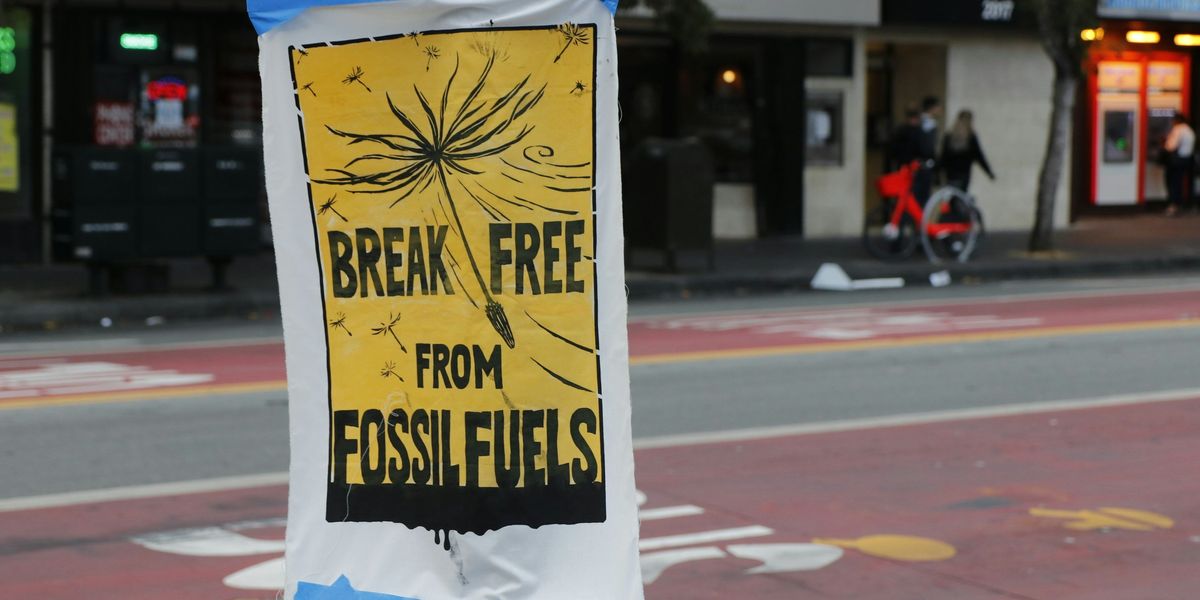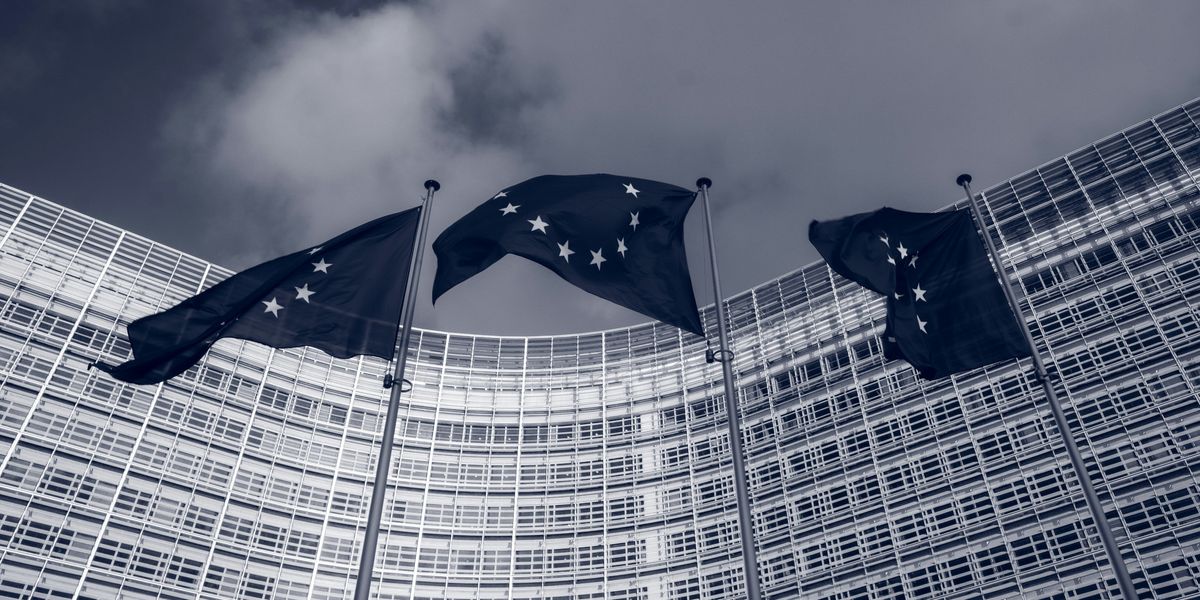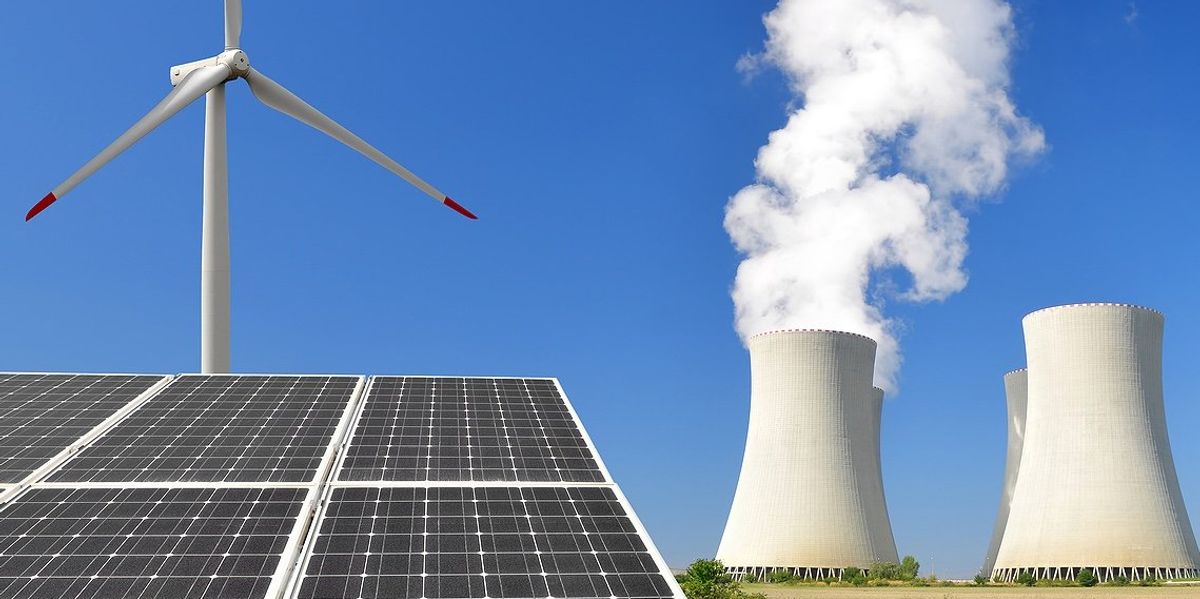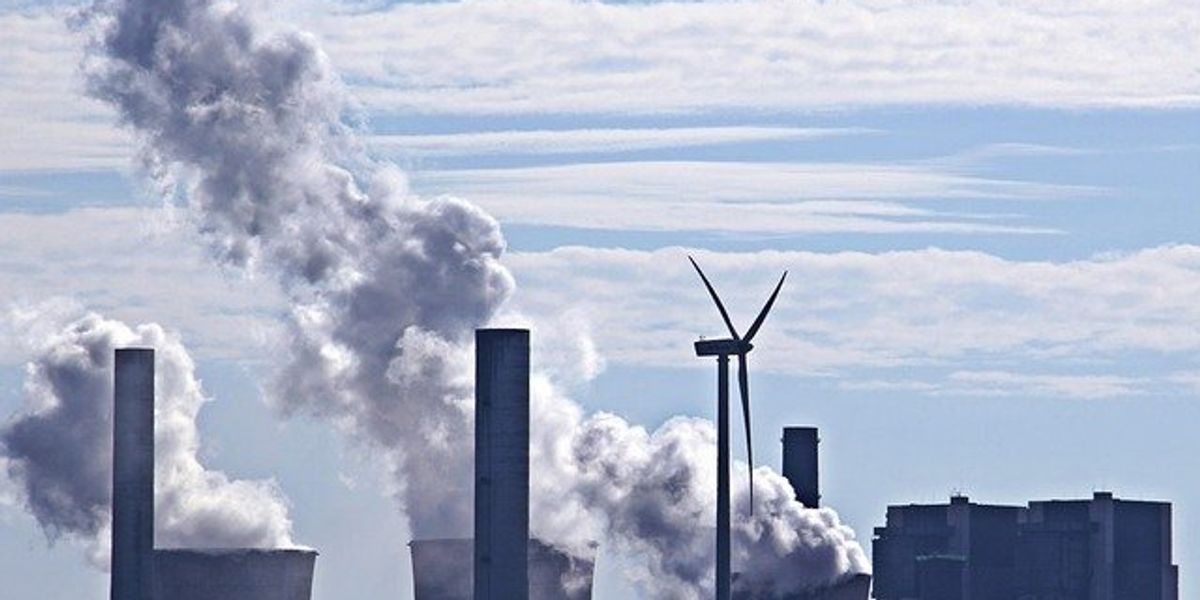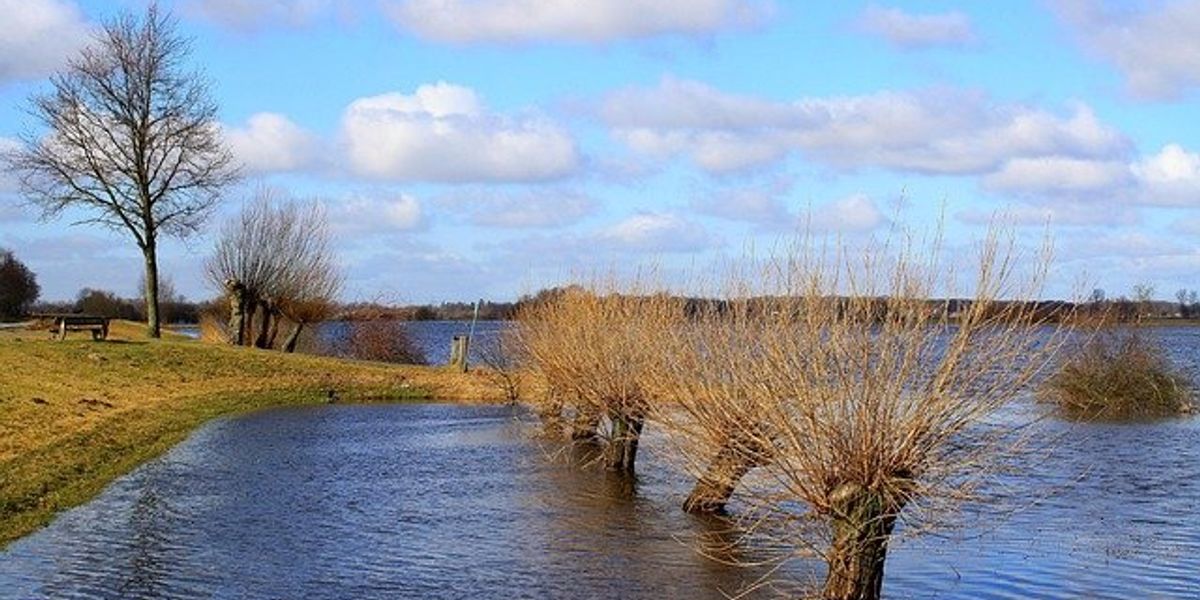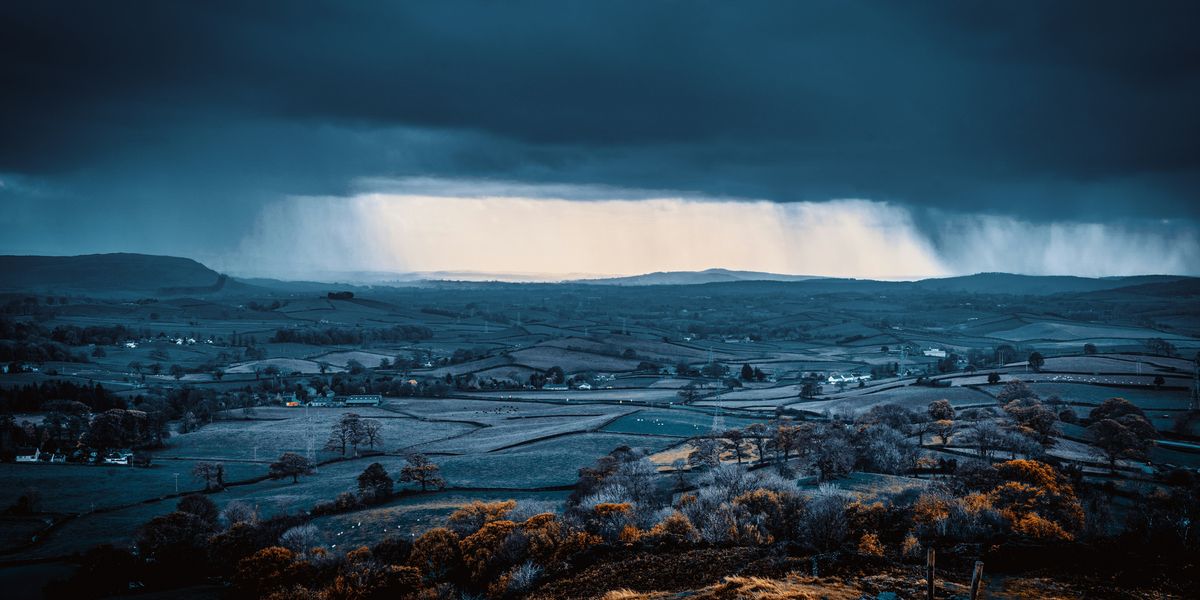
The debate on paying Indigenous climate activists
At the intersection of climate advocacy and economic fairness, Indigenous activists like Big Wind offer crucial, unpaid labor to protect the environment, raising questions about compensation and sustainability.
Taylar Dawn Stagner reports for Grist.
In short:
- Indigenous activists contribute significantly to environmental protection without financial compensation, exemplified by Big Wind's experience at climate resistance camps and international conferences.
- The discussion on compensating this "earthwork" includes suggestions for wages and enhanced tribal sovereignty, underlining the economic invisibility of such essential labor.
- Academics and advocates argue that recognizing and compensating Indigenous climate labor could lead to more equitable environmental stewardship and stronger alliances between conservationists and labor movements.
Key quote:
"I don’t think money is going to solve it. But I also feel like we do have a responsibility to ensure that we are taking care of the people who are working for all of us."
— Big Wind, climate activist and member of the Northern Arapaho tribe
Why this matters:
Indigenous communities have long been at the forefront of environmental protection, leveraging traditional knowledge and practices that have safeguarded ecosystems for centuries. Their contributions are vast, encompassing the stewardship of forests, watersheds, and biodiversity hotspots. These efforts not only preserve their way of life but also offer critical insights and solutions to some of the most pressing global environmental challenges, including climate change and biodiversity loss.
Be sure to read Brian Bienkowski’s2016 article: From the Sioux to the Sault: Standing Rock spirit spreads to Michigan’s Upper Peninsula.


